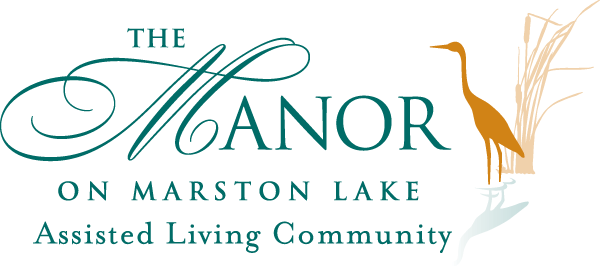With each passing day, more families and individuals are having to come to grips with the fact that once a certain age hits, what is the best living arrangement alternative for their aged parent, loved one or family member.

As there is not an easy answer to this highly sensitive and complex issue, our article will analyze the main differences between assisted living facilities (ALF) and in-home care.
However, first there are certain questions that need to be asked by family members, the loved one, and even health care providers.
Some Main Questions To Ask
- Can a loved one make the decision for himself? If not, who is available that can help make that decision for them?
- Can they live alone and if so, how dependent, or independent, are they on assistance for everyday chores and routines? Would they prefer to have meals brought into their home or can they cook for themselves.
As one can see, the answering of these above questions sets the stage for helping make the difference between assisted living facilities or in-home care.
Assisted Living Facilities
While some seniors prefer living at home, many opt for going to live in some sort of senior care community or an ALF. The variations of amenities offered are frequently based on the financial arrangement that is more appropriate for the loved one and their family–and whatever specialization the ALF focuses on. For instance, some will not take dementia or Alzheimer-afflicted residents.
Bench Marks Of A Superior Assisted Living Facility (ALF)
- Many ALFs today opt for having the same personnel assigned to specific elders in order to foster a sense of familiarity with the resident loved ones and not create a disorientation in adjusting to different personalities by the resident.
- Depending on any possible health condition that needs monitoring, a quality ALF should have a medicine management procedure provided by a qualified staff member. Weekly, daily laundry and linen service are in place. Moreover, an assistant for dressing, bathing and personal hygiene is regularly in attendance.
- Communication via phone service and connection to the outside with TV and Internet service today is a must. Naturally, family visits should be encouraged at all time, or within specified time limits.
- Special extra-activities and events are provided for the residents and sometimes, even a special shopping trip to the local mall may be on the agenda.
In-Home Care Service
Frankly speaking, many seniors do not lend themselves to being outside of their own familiar surroundings. In fact, some families may find their loved one’s condition or general state of well-being deteriorates if taken out of their home environment.
Bench Marks Of A Superior In-Home Service
- A variety of services can be obtained through in-home services including a combination of day care facilities and in-home companionship during the daylight hours.
- Usually, a companion can be brought in during the morning and afternoon hours that can simply talk with their charges, and let them know they are not alone. That being said, personality compatibility is of utmost importance.
- Light cooking, light housekeeping and possibly running errands or taking a person to a doctor’s appointment forms part of many in-home provider agency platforms.
Financial Arrangements
Financial arrangements also vary greatly between an ALF and an in-home care provider. Generally, depending on whether it’s a single room or a one bed-room accommodation, an ALF can cost anywhere from $4,500 monthly and up. In contrast, some in-home agencies may charge between $18 to $19 an hour nationwide.
Consequently, when making a choice between assisted living facilities and an in-home care environment, families and individuals may have to consider more than personal preferences in their choices. Sometimes, finances, family issues, health issues and other things come into play and may in fact end up dictating what and where a loved one receives their ultimate care.
